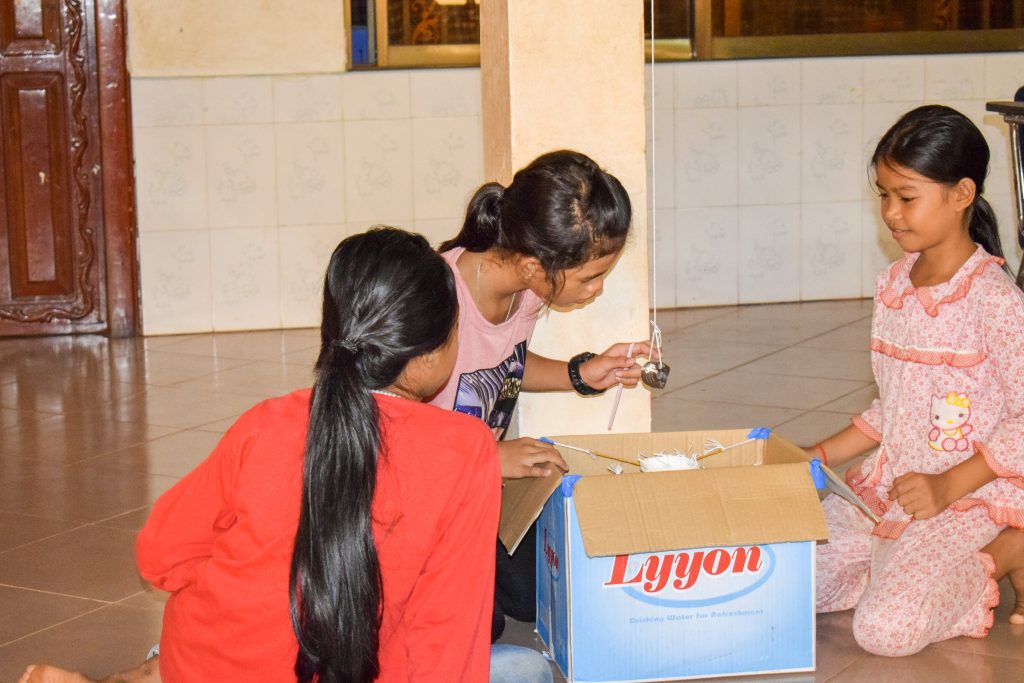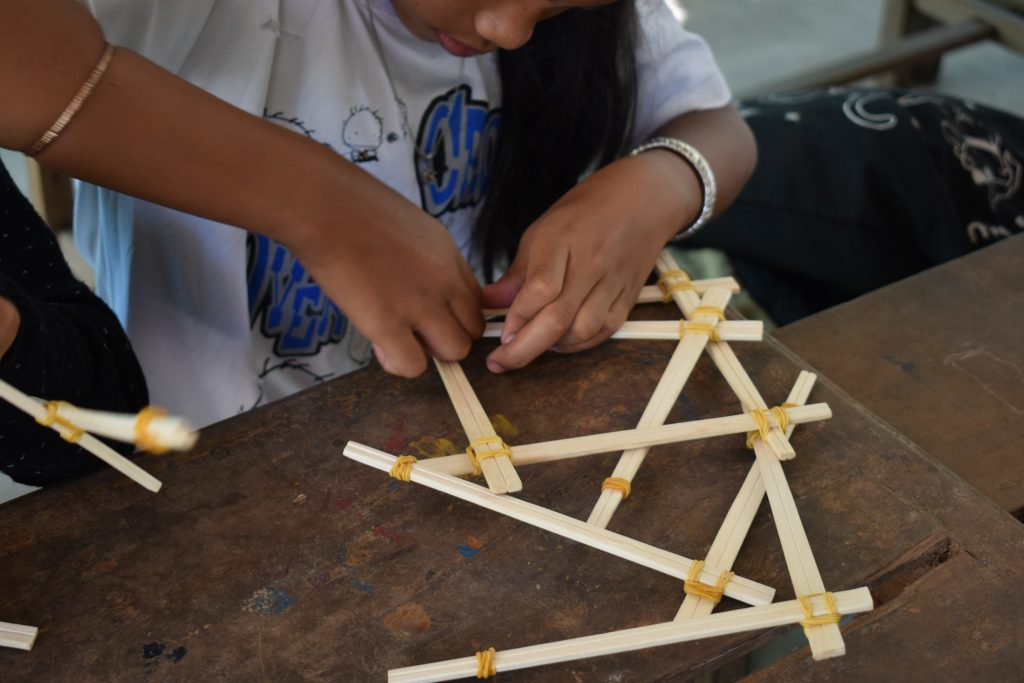International Day of Women and Girls in Science

February 11 is the International Day of Women and Girls in Science. Both science and gender equality are critical to achieving the goals outlined in the 2030 Agenda for Sustainable Development.
According to UNESCO, less than 30% of researchers worldwide are women. Additionally, few female students select STEM-related fields in higher education. Only 30% of females in higher education chose to study STEM-related fields.
These problems are further highlighted in Cambodia. Only 39% of students enrolled in tertiary education programs are women. This disparity is even more pronounced when looking at the STEM disciplines. Women make up a mere 14% of the students studying science, technology, engineering, and mathematics, compared to 86% men (KAPE).
Why STEM?
STEM disciplines develop critical thinking and problem-solving skills. Naturally, this increases innovation which can help drive economic development through developing new products. Job growth, employment rates, and wages are higher in STEM-based economies (Rothwell).
Introducing adolescents to the world of ‘making’ with hands-on activities increases their engagement in the STEM fields. With a project, students strive to think critically and creatively to solve problems. It teaches them resilience by creating an environment where it is safe to fail, where they can tweak their project and try again. They learn to embrace their mistakes and learn from them.
STEM projects also build teamwork and communication skills, which the National Employment Agency of Cambodia identified as some of the skills that are lacking in job seekers.
Encouraging STEM at Anjali
But science is hard. Math is hard. Many can relate to the dread of drawn-out lectures about Newton’s laws of motion or the confusion of suddenly seeing letters amongst the numbers in a math equation.
What if you had a class where instead of writing things in notebooks, you could see the science concepts come to life? Imagine playing with skateboards to observe the laws of motion and building miniature rockets that zoom across the room. Now these subjects seem like a lot more fun!
At Anjali, we are fortunate to have our amazing science and math volunteer, Dr. Ian, who has done just this. He has developed a great plan to introduce STEM projects to our students for our students to actively explore these topics. Both male and female students work on these projects. As a result, girls can see that STEM isn’t just “for boys.” Similarly, these projects may spark an interest in a future career. Topics this year include exploring Newton’s laws of motion through mini rockets and cannons, chemistry through making slime, logic problems, and an egg catch.
Anjali’s Women in STEM
Anjali is proud to have 5 female graduates in 2020 that are entering STEM disciplines. All have received scholarships for their continued education. Four will be studying veterinary science, and one will be studying computer science. Today we celebrate them, and all the other women challenging gender roles and following their dreams.



Excellent read and very informative article into the great work being done at Anjali house.